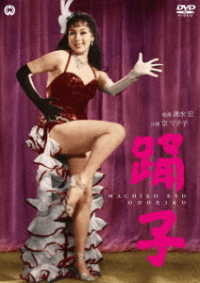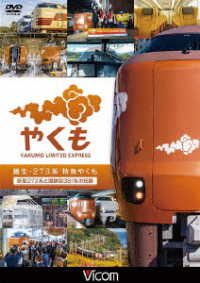- ホーム
- > 洋書
- > 英文書
- > Philosophy
Full Description
This book considers the place and value of knowledge in contemporary society. "Knowledge" is not a self-evident concept: both its denotations and connotations are historically situated. Since the Enlightenment, knowledge has been a matter of discovery through effort, and "knowledge for its own sake" a taken-for-granted ideal underwriting progressive education as a process which not only taught "for" and "about" something, but also ennobled the soul. While this ideal has not been explicitly rejected, in recent decades there has been a tacit move away from a strong emphasis on its centrality, even in Higher Education. The authors address the values that inform knowledge production in its present forms, and seek to identify social and cultural factors that support these values.
Against the background of increasingly restrictive conditions of academic work, the first section of this volume offers incisive critiques of Higher Education, with examples drawn from Australia and New Zealand. The second group of chapters considers how academics have viewed, and have tried to adapt to, present circumstances. The third section comprises papers that consider epistemological issues in the generation and promulgation of knowledge. The chapters in this volume are indicative of the work that needs to be done so that we can come to comprehend - and perhaps try and improve - our relationship to learning and knowledge in the 21st Century.
This timely book will be of particular interest to workers in higher education; it should also inform and challenge all those who have concerns for the future of the intellectual life of our civilization.
Contents
Introduction
PART I Critical Questions
John MCDONALD: Valuing Intellectual Freedom: A Critical Analysis of Policies in Australian Universities
Grant DUNCAN: Counting the Currency of Knowledge: New Zealand's Performance-Based Research Fund
Francine ROCHFORD: Conceptions of Knowledge and the Modern University
Stephen HEALY: Knowledge as Practice: Implications for the Tertiary Sector
PART II Substantive Matters
Tai PESETA & Catherine MANATHUNGA: The Anxiety of Making Academics Over: Resistance and Responsibility in the Academic Development Project
Ian MORLEY: The Internet, the Knowledge Product, & the Craft of History
Graham CHIA-HUI PRESTON: "Most Intellectuals Will Only Half Listen": The Needs and Futures of Hip-Hop Studies
S. RAM VEMURI: Knowledge Value through Management
PART III Epistemological Issues
Mireta VON GERLACH: Making the Structures Tumble
Mark ROLFE: The Classics & Australian Culture Wars
Matthew STEEN: The Mutation of Economics
Craig COLLINS: Pericles was a Plumber: Towards Resolving the Liberal and Vocational Dichotomy in Legal Education
Heather MCKENZIE, Maureen BOUGHTON, Lillian HAYES, & Sue FORSYTH: Explaining the Complexities and Value of Nursing Practice and Knowledge
Notes on Contributors
-

- DVD
- 踊子






